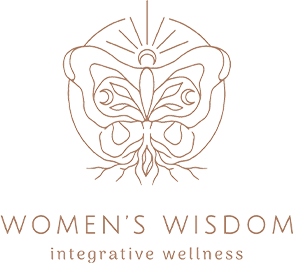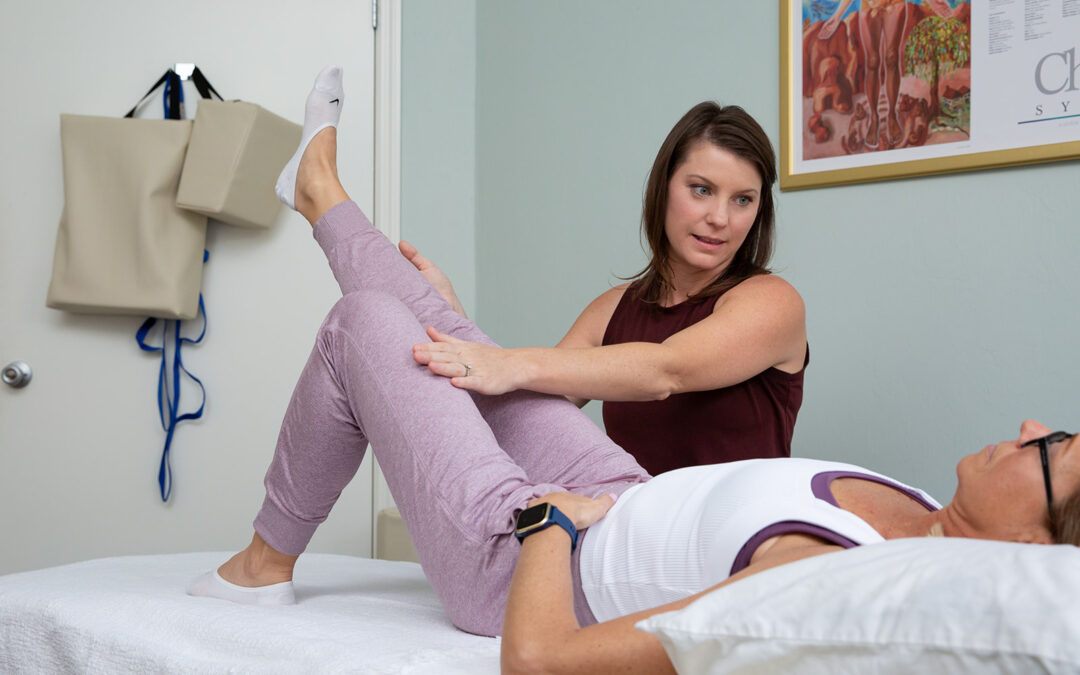Conditions We Treat
We treat each person with a holistic, whole-body, integrative approach.
We aim to help those who experience the following conditions/symptoms:
Pelvic Pain
• Endometriosis: Symptoms may include painful periods, pain during or around
ovulation, pain during or after sex, heavy bleeding or irregular bleeding, pain with bowel
movements or urination, pain in the pelvic area, low back, or legs, nausea, fatigue, diarrhea
and/or constipation, fertility challenges.
• Dysmenorrhea: Painful periods, typically involving heavy cramping.
• Ovulation Pain
• Coccyx and Rectal pain
• Interstitial Cystitis/ Painful Bladder Syndrome
• Painful bowel movements
• Pregnancy related musculoskeletal pain
• Postpartum pain, weakness, and dysfunction
• Vulvar pain/ Vulvodynia
• Vaginismus: Involuntary tensing or contracting of the vaginal muscles with some or all
types of vaginal penetration)
• Dyspareunia: pain with intercourse, superficial and/or deep
• Scar pain related to pelvic surgeries and associated adhesions
Bowel and Digestive
• Constipation: Normal bowel movement frequency ranges from 3x/week to 3x/day,
depending on the individual, should be pain-free, easy to pass, and ideally a smooth
consistency. Constipation consists of stool that is dry, hard, ball-like formed, and difficult or
painful to pass. Some may feel the need to excessively strain or brace their perineum to fully
evacuate. Constipation may be caused by poor diet, poor hydration, decreased physical
activity, motility issues, inflammation, pelvic floor muscle dysfunction/incoordination, side
effects from medicine, recent surgery, and functional disorders.
• Pain with defecation: may or may not be associated with constipation. Those with
endometriosis or other pelvic related conditions may experience pain with defecation
especially near their period.
• GERD/Reflux
• Irritable Bowel Syndrome (IBS): Symptoms often include abdominal pain, bloating,
diarrhea and/or constipation, without visible signs of disease in the gastrointestinal tract. This
is often a multifactorial syndrome that benefits from taking the time to discover root cause(s)
by taking a closer look at lifestyle, stress, sleep, diet habits, nutrition, and hydration.
• Fecal Incontinence: Leakage of either solid or liquid stool. This may occur to women
postpartum if there was tearing involved, post surgical, or related to food sensitivities. Gas
incontinence is commonly experiences postpartum with pelvic floor muscle weakness.
• Scar pain related to abdominal surgeries and associated adhesions
Bladder
• Interstital Cystitis/ Painful Bladder Syndrome
• Urinary Urgency: An immediate and sudden urge to urinate which may leave you
feeling as if you won’t make it to the toilet. Urinary urgency may also be experienced with
habitual activities such as every time you pull into your driveway, put the key in the door or
get into the shower. Urinary urgency may or may not be associated with urinary frequency.
• Urinary Frequency: Normal urination is about 5-7x/day with some variation depending
on individual needs such as breastfeeding or sporting activities. People who experience
urinary frequency may urinate once per hour or even multiple times per hour.
• Nocturia: night time voiding waking you from sleep.
• Overactive Bladder Syndrome (OAB)
• Urinary Urge Incontinence: urine leakage associated with urgency
• Urinary Stress Incontinence: urine leakage with sneezing, coughing, laughing, or
loading activities such as lifting and carrying (groceries, car seat, child, etc).
Prenatal & Postpartum Wellness
Supporting women throughout their pregnancy and postpartum journey so they may feel
empowered, strong, and connected during this very special time.
• Diastasis Recti Abdominus (DRA)
• Pelvic pain
• Low back pain
• Hip pain
• Sacroiliac pain
• Coccyx pain
• Pubic symphysis pain
• Sciatica or other nerve issues
• Pain/tightness related to breastfeeding
• Stress urinary incontinence
• Urinary urgency and frequency
• Pain with transitional movements
• Prolapse (cystocele, rectocele, uterine prolapse, rectal prolapse)
• Pain with intercourse or other vaginal insertion (tampons, speculums, etc.)
• Scar pain related to cesarean or vaginal delivery/ tearing
• Healing from traumatic birth experience
Orthopedic
A holistic, whole-body treatment approach is effectively used to treat a variety of common
orthopedic conditions such as:
• Back pain
• Hip pain
• Sacroiliac joint pain
• Sciatica
• Pubic pain
• Coccyx pain
• Neck pain
• Headaches
• TMJ
• Shoulder pain
• Knee pain
• Numbness/tinging in upper and lower extremities
Treatment techniques include functional movement analysis and mechanics correction,
myofascial release, visceral manipulation, craniosacral therapy, joint mobilization, soft-tissue
mobilization, corrective therapeutic exercise, postural retraining, balance and core stabilization.

